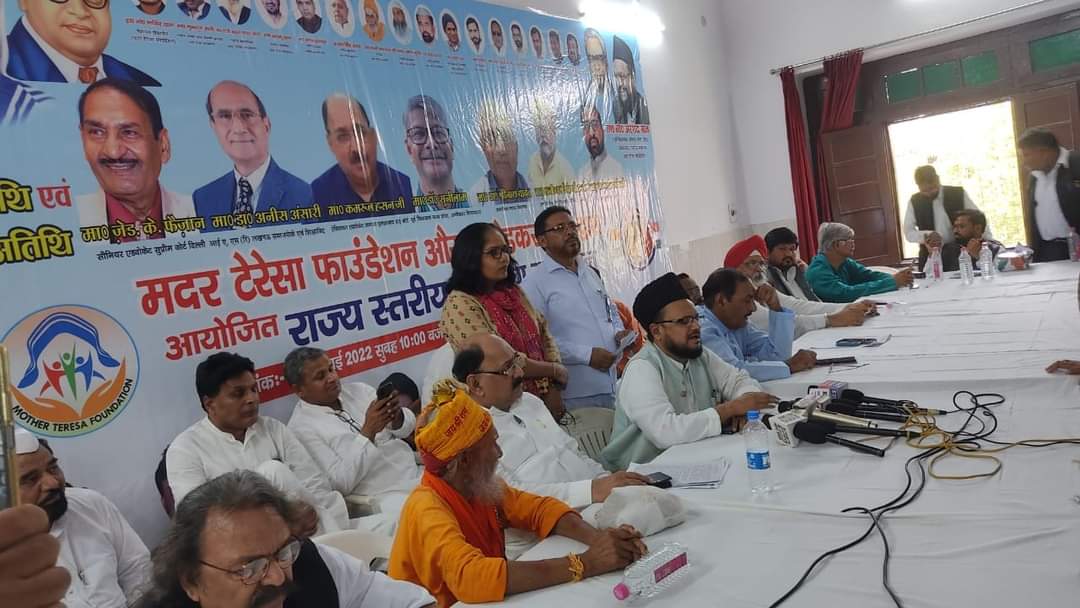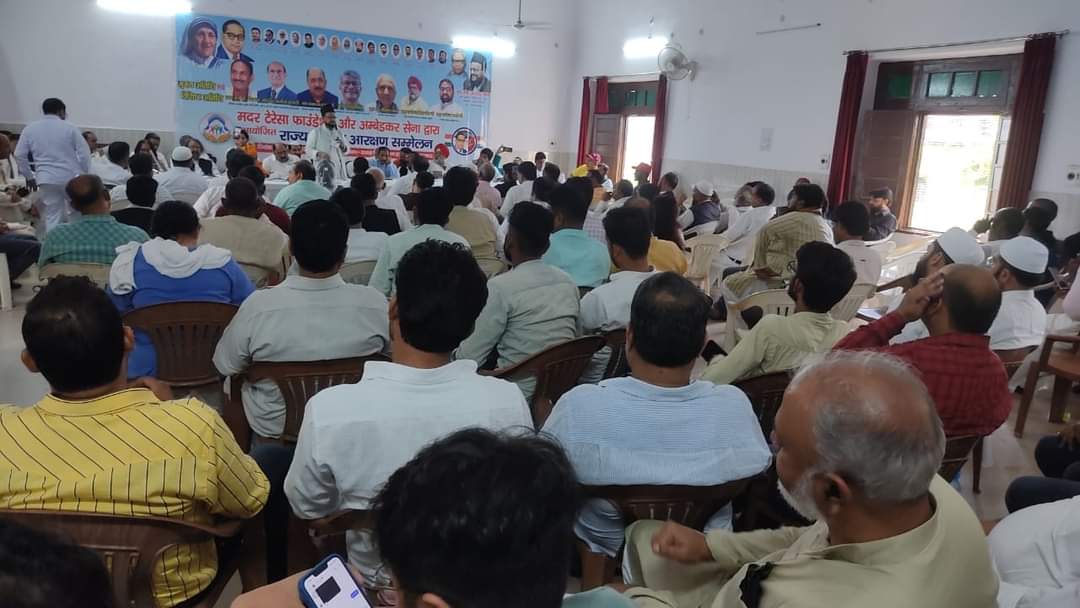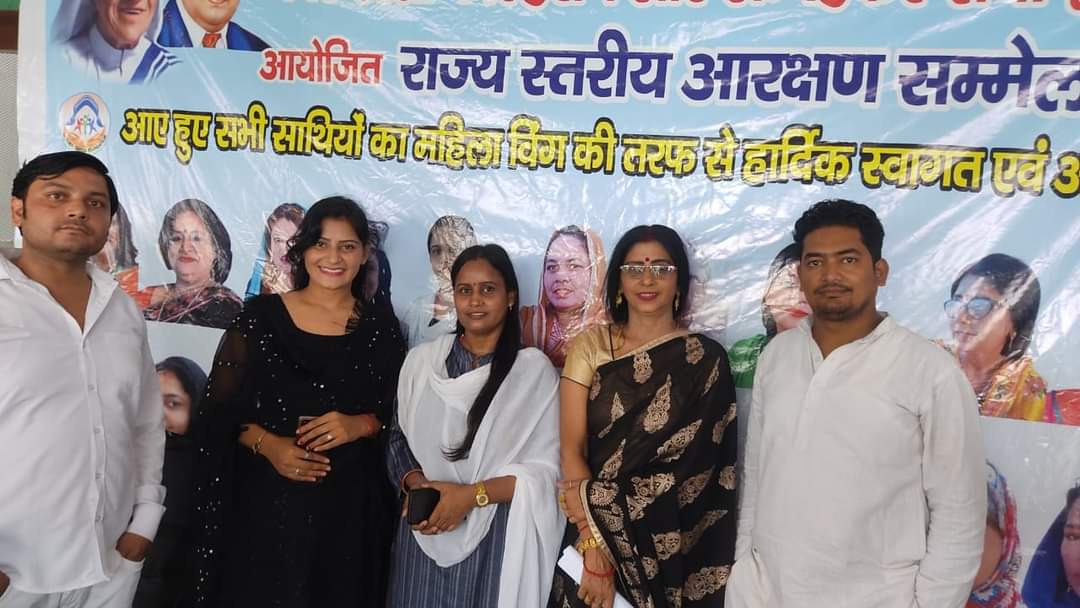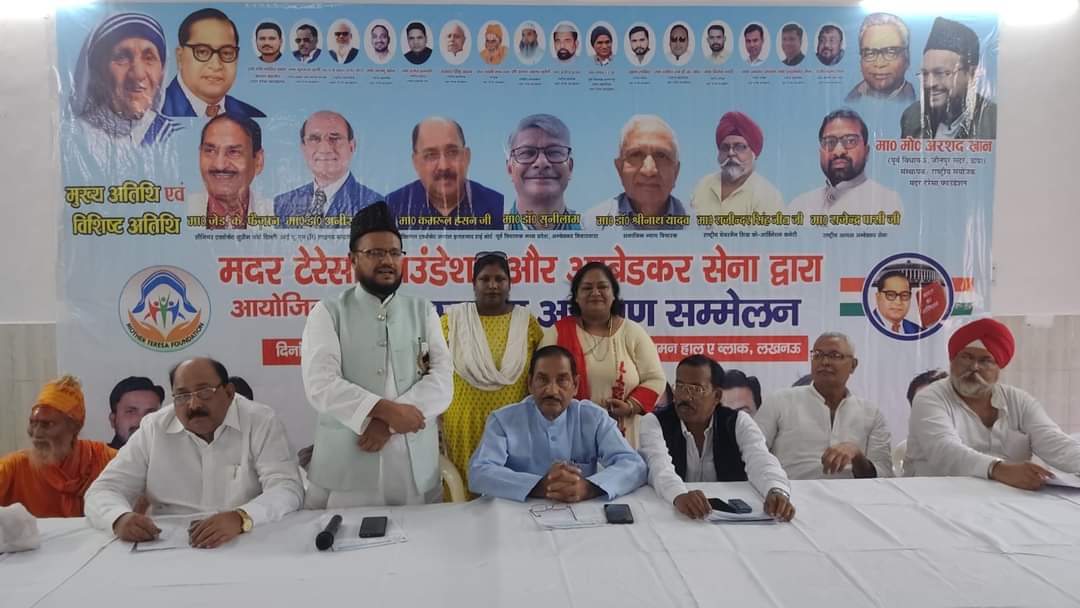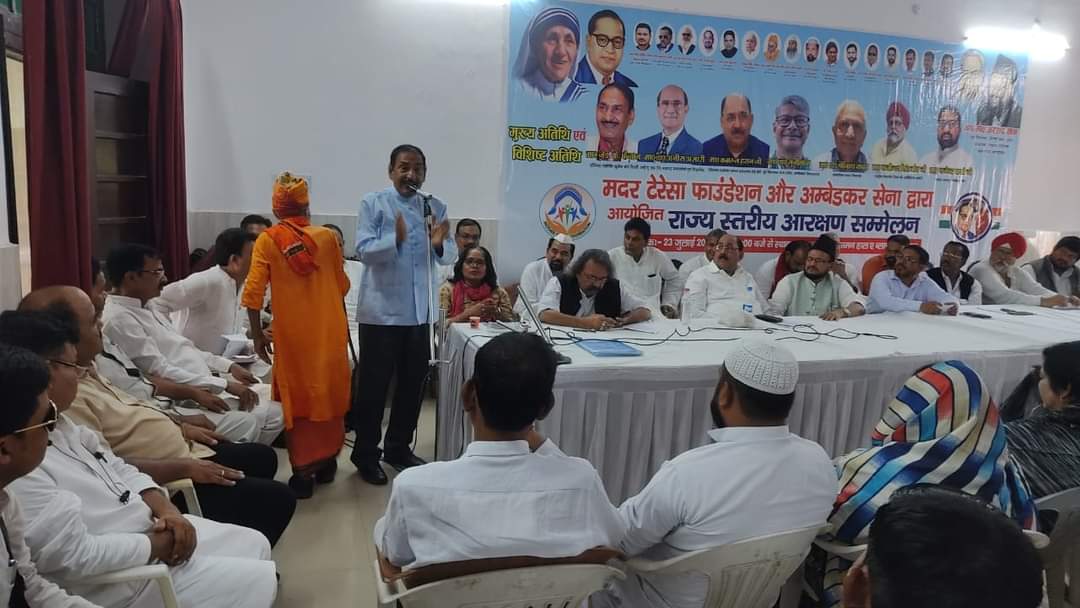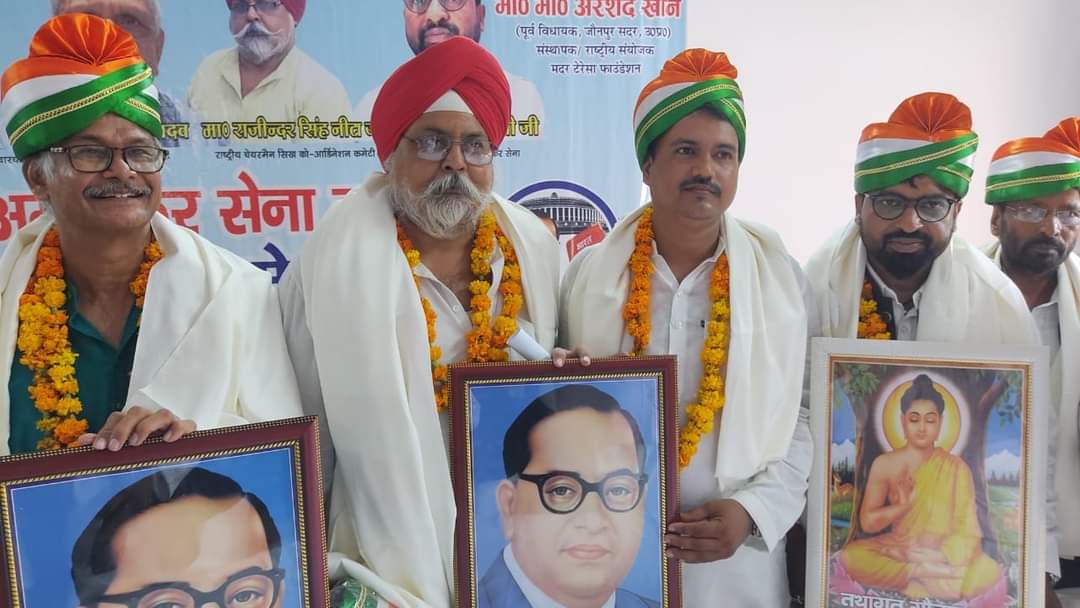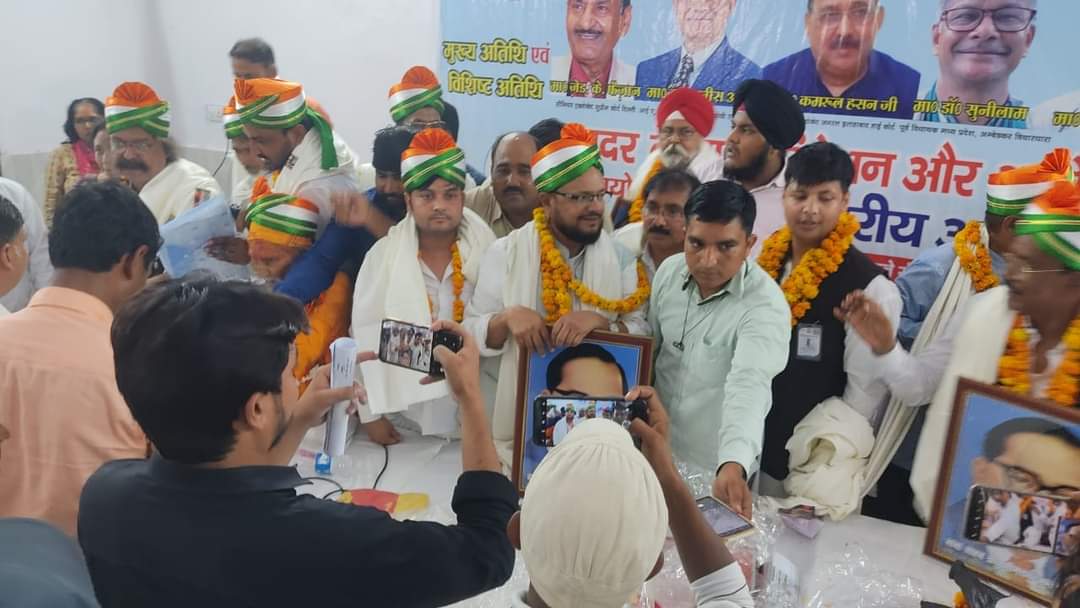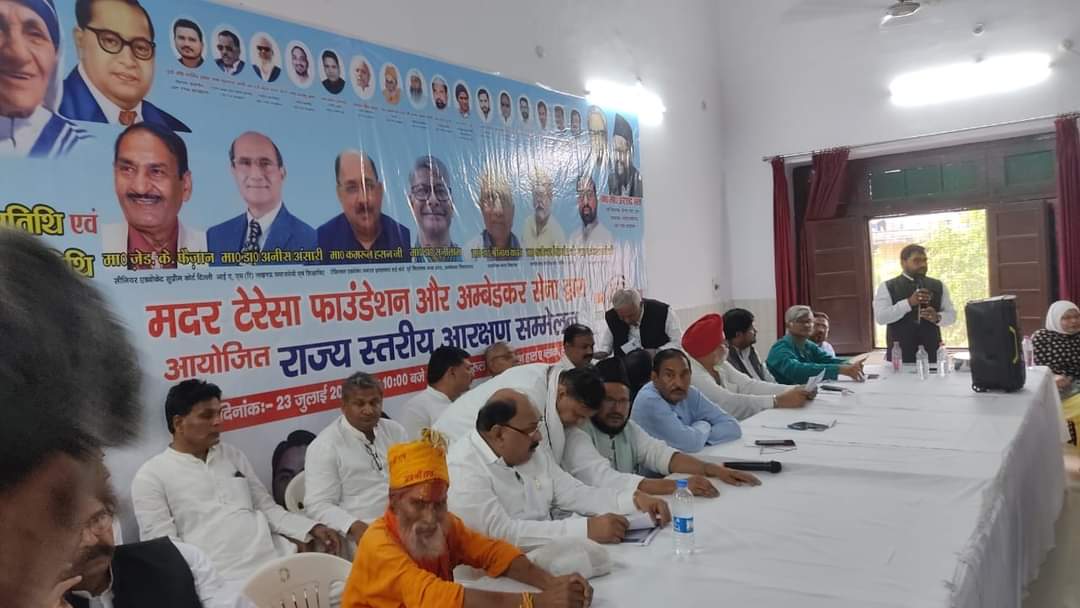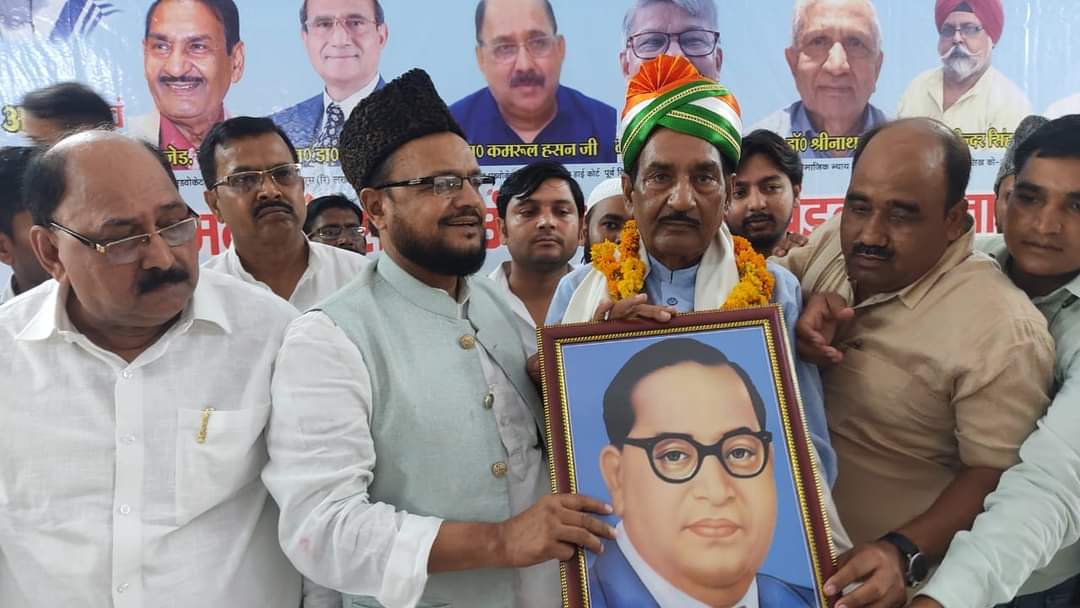MOTHER TERESA FOUNDATION
Help In Water And Sanitation



Mother Teressa Foundation will ensure that every household in its geography has a toilet of their own and receives litres of potable water/ day through taps installed at homes.
In addition to the problems surrounding drinking water, water scarcity for agricultural and other use causes chronic economic and social issues. Despite 3,600 mm of annual rainfall, the soil and terrain of rural Maharashtra, our current geography, makes water management a severe problem.
IMPACT

PROGRAMME
HOUSEHOLD DRINKING WATER
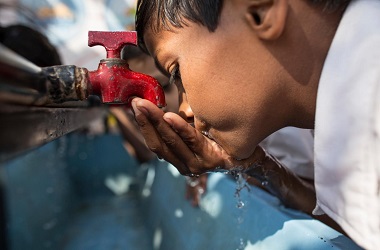
We believe that access to drinking water is a fundamental human right and our goal is to ensure every household in our geography gets potable drinking water up to 200 litres per day. We bring water from the source to storage reservoir and from there into each household through a robust distribution grid in every water project.
Our team of water engineers and field staff is equipped for conducting overall geophysical and technical surveys while the community does voluntary labor with us to ensure water reaches their homes. Furthermore, for making this water projects sustainable we identify water committees who are representatives of the community and train them extensively for operations and maintenance of their hamlet’s water project.
SANITATION
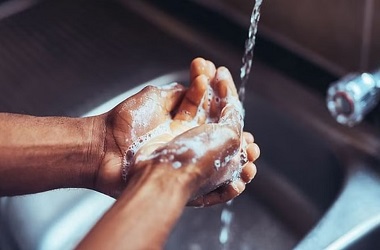
Just like access to water is of prime importance, having a household toilet is critical to the development of rural areas.
Our goal is to ensure every individual from a rural family has access to a toilet in his household and uses it every day. In cases where there are space constraints in a household premise, not more than two households will share a single toilet. For sustainability and behavior change we organize various street plays, community-led total sanitation programme, swachhta raths, rallies and other modes to engage with the community and ensure an open defecation free geography.
WATER FOR IRRIGATION
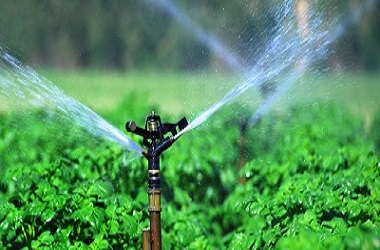
Cultivation of second and third crop in a year leads to good income augmentation of farmers and empowers them to come out of poverty, restricts migration and improves their standard of living. For year-long agricultural cultivation, regular supply of irrigation is a must. We have identified small tributaries in our six blocks, where we build check dams to conserve millions of litres of water.
This water is supplied to the farms through drip or flood irrigation thus making acres and acres of land cultivable and beneficial for farmers in the geography.
SCHOOL WATER & SANITATION
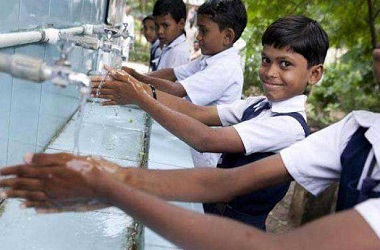
Every school with 20 and more students will have access to clean toilets and drinking water at all times is our goal.
To achieve this, we do screening and repairs of existing urinals and stand posts in schools and those that are devoid of any water and sanitation facility are facilitated with new structures with a clear focus on building separate toilets for boys and girls.
GALLERY
OUR TAGS
GALLERY OF MOTHER TERESSA FOUNDATION
